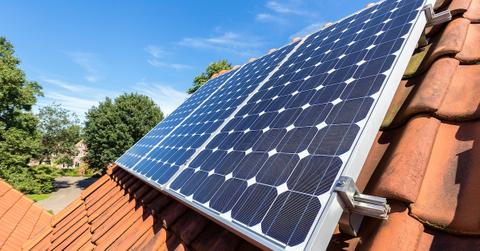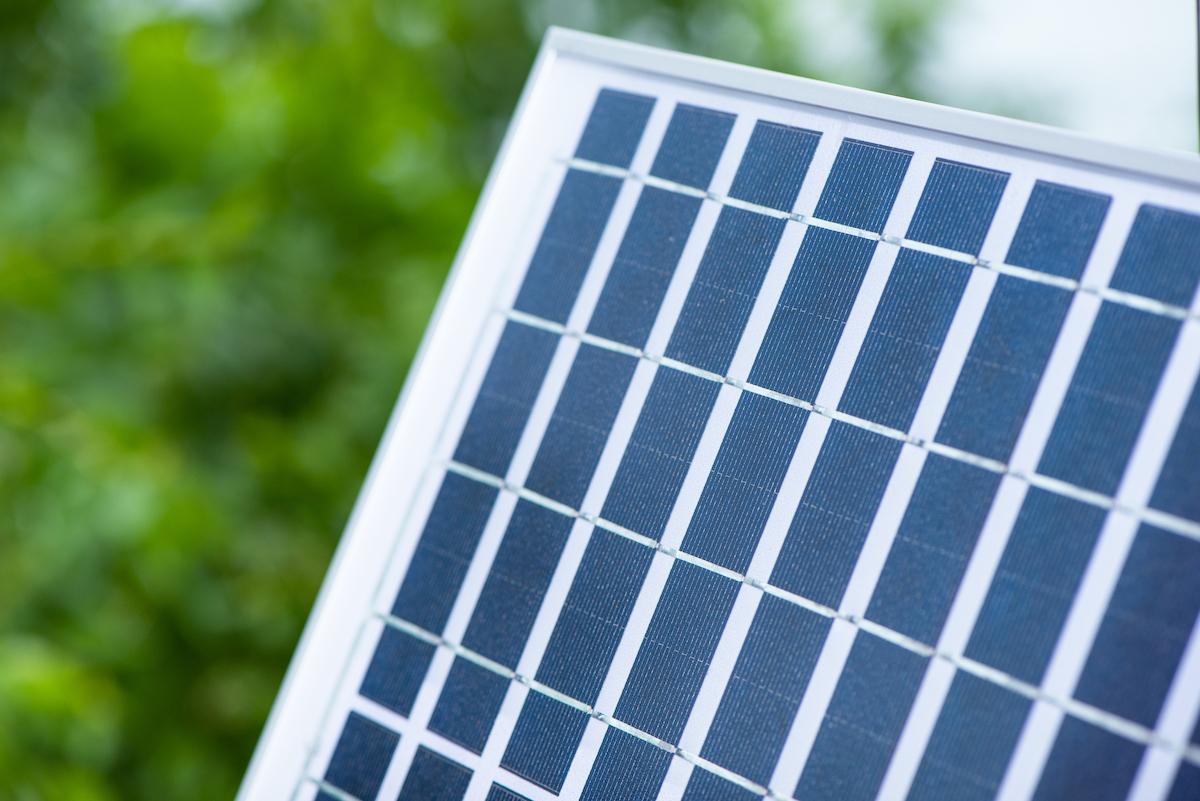Solar Power Is Now Cheaper Than Coal
Solar power is currently cheaper than the price of coal, according to the International Energy Agency's World Energy Outlook 2020 report.
Updated Oct. 13 2020, 11:55 a.m. ET

If you’ve been considering installing solar panels on your home, this may be the sign you’ve been waiting for.
According to a new report, the price of solar power is currently cheaper than the price of coal — and this could have a monumental effect on the planet and our recovery from the coronavirus pandemic.
The International Energy Agency (IEA) recently published its World Energy Outlook 2020 report, in which the agency revealed that in most countries around the world, solar photovoltaics (PV) is currently consistently cheaper than new coal-fired or gas-fired power plants. Additionally, solar projects currently cost some of the lowest prices in electricity history.
Solar power is only going to continue to rise.

The report also used four different models to predict different outcomes of recovery from the COVID-19 pandemic over the next 10 years. While each model had slightly different results, there’s one thing the researchers feel confident about — solar will stay on top.
“I see solar becoming the new king of the world’s electricity markets. Based on today’s policy settings, it is on track to set new records for deployment every year after 2022,” IEA Executive Director Dr. Fatih Birol said in a statement. “If governments and investors step up their clean energy efforts in line with our Sustainable Development Scenario, the growth of both solar and wind would be even more spectacular — and hugely encouraging for overcoming the world’s climate challenge.”
These four models predict how solar will play into coronavirus recovery.
In the above-mentioned Sustainable Development Scenario, clean energy policies and investments grow exponentially, bringing the grid much closer to achieving sustainable energy goals, including the ones set by the Paris Agreement (such as achieving net-zero emissions by 2050).
The new Net Zero Emissions by 2050 Scenario is an extension of the Sustainable Development Scenario, in which all countries that have goals to achieve net-zero emissions by 2050 achieve those goals, and the entire planet is brought to net-zero emissions by 2070.
In the Stated Policies Scenario, in 2021, the coronavirus gradually is brought under control, and the economy returns to the state it was in before the pandemic, reflecting actual current goals of many governments.
And finally, the Delayed Recovery Scenario is similar to the Stated Policies Scenario, but envisions a world where the pandemic persists past 2021 (gulp), and more permanently damages the global economy.
There’s no way to know exactly which of the four scenarios will most closely resemble the way the world recovers from the coronavirus pandemic (though the Stated Policies Scenario is the one based on current policies). In fact, the researchers conclude that it is too soon to even determine whether the pandemic will set us back from transitioning to a renewable energy economy, or if the pandemic will be “a catalyst that accelerates the pace of change.” That’s because “many uncertainties remain and crucial energy policy decisions have yet to be made,” the researchers explain.
“Whether this upheaval ultimately helps or hinders efforts to accelerate clean energy transitions and reach international energy and climate goals will depend on how governments respond to today’s challenges,” the IEA concluded in a press release.
Basically, our recovery from the pandemic — and the kind of energy we rely on in the near future — depends on decisions made by policymakers and industry leaders. So while capitalizing on the decreasing price of solar for your home is probably a good idea, an even more effective thing to do with this new information about solar power could be to vote in the presidential election this November, and to contact your Representative and ask them to consider a green recovery plan from the coronavirus.
Election Day is Nov. 3. Register to vote at vote.gov and head to your state’s board of elections for details on requesting a mail-in or absentee ballot.